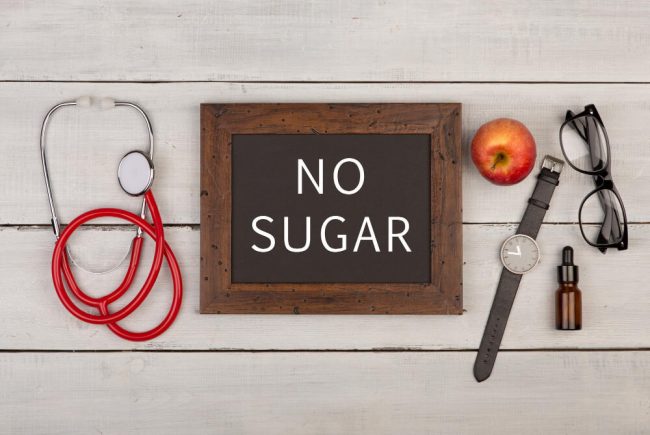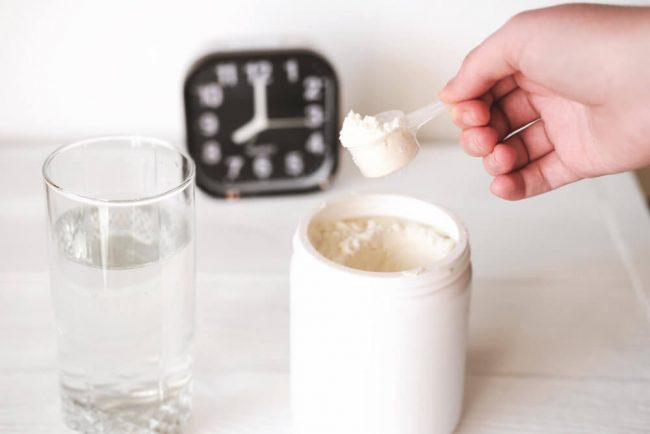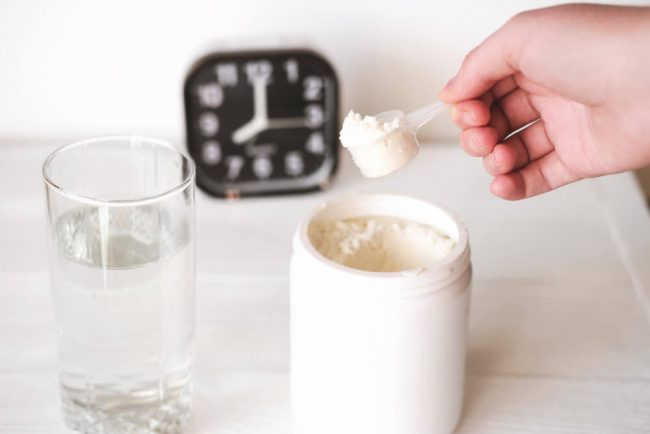Coffee is the most popular morning beverage consumed worldwide. Actually, every year around the world, more than 160 million bags of coffee are drank
Coffee is the most popular morning beverage consumed worldwide. Actually, every year around the world, more than 160 million bags of coffee are drank. Although the beverage is most famous for boosting one’s energy, it can also be healthful and help one lose weight. There is no doubting that it is a highly effective and favoured energy enhancer. It is a fantastic energy booster, whether you have a cup before work or depend on a cup of black coffee to get you out of bed. Numerous studies have shown that it is a low-calorie beverage that aids in weight loss. Additionally, research throughout the years has shown that regular consumption supports long-term healthy weight management.
Here are some important facts concerning coffee and weight loss, including the recommended daily intake. Certainly, coffee can assist with weight loss! Niacin, potassium, magnesium, and antioxidants are among the nutrients found in coffee that can help with heart health, muscle function, and digestion. It also has caffeine, which boosts energy, quickens the metabolism, and may aid in weight loss.
How Does Caffeine Affect Losing Weight?
Caffeine increases metabolism and aids in calorie burning in the body. Additionally, it reduces post-workout muscle pain and cramps and acts as an appetite suppressant, so you will experience fewer hunger pangs throughout the day. It also makes a great pre-workout drink, giving you the energy you need for exercise and a challenging workout at the gym.
The following are the top 5 coffee habits that can accelerate weight loss:
1. Avoid using Table Sugar.

One of the simplest strategies to assist you in reaching your weight loss goals is to avoid adding sugar to your coffee. The recommended daily sugar intake varies depending on your caloric intake, however for a 2,000 calorie diet, the standard recommendation is no more than 50 grams. Over time, consuming too much added sugar might increase your chance of developing diabetes and heart disease in addition to making you gain weight. So, if you want to avoid sugar but still crave something sweet, consider allulose or monk fruit as non-nutritive alternatives.
2. Black coffee is best.

Dietitians advise drinking your coffee black if you can because adding excessive amounts of sugar or creamer will hinder your efforts to lose weight. Overdosing on cream, half-and-half, or even whole milk can significantly increase the number of calories and fat in your drink. Black coffee has less than 5 calories a cup, but watch out for any other ingredients you may be using, since these can add a lot of extra calories especially if you consume multiple glasses throughout the day, and saturated fat to your diet.
3. A scoop of collagen peptides.

Overeating is one of the main causes of weight gain. The secret to losing weight is to feel satisfied by consuming nutritious foods and beverages that are high in protein and nutrients. This will prevent you from being tempted to overeat on unhealthy foods. Because collagen peptides boost your protein intake without changing the flavour of your coffee, they are a great habit for weight loss. This may help you feel more satisfied in the morning.
4. Never substitute coffee for lunch.

Despite the fact that coffee has a natural appetite suppressing effect, we should be against using it as a meal replacement or as a substitute for meals. Coffee by itself is not a meal or snack, but frequently people use a 3 p.m. cup of it as a means of skipping a meal and reducing their caloric intake because it does temporarily stifle their appetite. However, missing meals lowers metabolism and raises the possibility of binge eating later in the day.
5. In the afternoon, choose caffeine-free or half-caffeine coffee.

When you’re starting to lose steam at work about 3 or 4 p.m., it could be tempting to reach for that cup of coffee, but this may not be the best thing for your health. Caffeine consumption soon before bedtime may disrupt sleep and keep someone from receiving the appropriate rest. In order to support healthy sleep habits, avoid drinking caffeine in the afternoon or choose a decaf beverage. Lack of restful sleep has been linked to weight gain.
6. Coffee increases metabolism.

The process through which the body uses calories from food and breaks down nutrients is called metabolism. One of the few drugs that may speed up your basal metabolic rate (BMR), sometimes referred to as the rate at which you burn calories while at rest, is caffeine, a stimulant found in coffee. In a tiny study, people who consumed different amounts of caffeine over the course of two months had higher levels of metabolites, a byproduct of metabolism. Your ability to burn more calories while at rest or engaged in physical activity will depend on how fast or high your metabolism is. This could aid in weight loss. There is a growing body of evidence showing that drinking caffeine increases BMR, but it’s crucial to remember that everyone metabolizes food and drink differently. Some people’s metabolisms may be sped up by coffee, but not everyone.
How might coffee help you lose weight?
No more than four 8-oz cups of coffee, or 400mg of caffeine, should be consumed daily in order to get the health advantages of caffeine and lose weight. While not being too much to affect sleep or hunger, four cups of coffee per day allows for the benefits of feeling more awake and improved fat metabolism. It would make sense to have a cup every couple of hours to experience the long-lasting effects.
But if you prefer strong coffee, limit your daily caffeine intake to 400 mg by drinking fewer cups. Because there is more of per serving of water, coffee that is labeled as “strong” has a higher caffeine level. The greatest for weight reduction is black because it doesn’t have any extra sugars or fats that can make you gain weight.
Here are some low-calorie substitute sweeteners to use if you prefer your coffee sweet, though:
- Fruit-based sweeteners like monk fruit extract or erythritol
- Sweeteners made from plants, such as stevia and yacon syrup
- Alcohol sugar like xylitol and maltitol
If you’re just starting to drink black coffee, cutting less on the sweetness until you get acclimated to the bitter flavour might be useful. If your stomach is sensitive, it’s better to eat something in addition to your coffee because this acidic beverage may upset your stomach. Weight gain can occur when your digestive system is overworked.
Which coffee should you drink?
After describing the advantages of drinking coffee for weight reduction, keep in mind that it all depends on the type of coffee you prefer.
If you prefer your coffee with cream froth or packets of sugar, think about switching right away. It is best to drink black or green coffee for weight loss and optimal health. If you enjoy adding milk, a little conventional or plant-based milk would be acceptable. Keep your daily caffeine intake to no more than 2-3 cups to prevent stomach issues and other side effects of too much caffeine.
Bottomline
By improving metabolism and assisting in hunger management, coffee may actually promote weight loss rather than causing weight gain.
However, it may have a poor impact on sleep, which could lead to weight gain. There are a lot of calories and added sugar in many coffee drinks and well-known pairings. Aim to reduce your intake of added sugar and high-calorie additives to reduce your risk of gaining weight. Drinking a cup of coffee every day can be a good way to start the day. When making or ordering your drink, it’s crucial to pay attention to the ingredients. It’s just uncertain right now whether plain black coffee helps people lose weight, so if you don’t like it, it’s not worth including in your diet.

COMMENTS